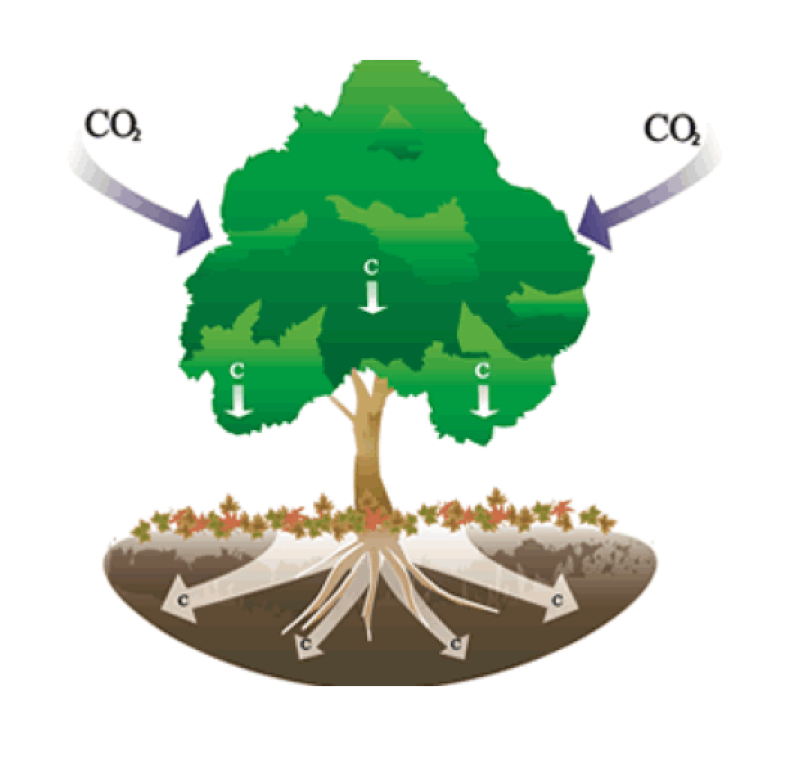From the perspective of global climate change, soils are a major compartment within the planetary carbon cycle, the second-largest pool after the oceans, holding more carbon than the atmosphere and all vegetation combined. Soils aren’t necessarily climate neutral, depending on how they’re managed: they can release additional carbon into the atmosphere through practices like overgrazing and excessive plowing, or soak up atmospheric carbon through practices like agroforestry and conservation agriculture. But when run properly, farms can be powerful tools in the fight against climate change.
Estimates of the “technical potential” of agricultural soils to absorb carbon range from 3 to 8 gigatons (billion metric tons) of CO2 equivalent a year for 20 to 30 years, enough to close the gap between what is achievable with emissions reductions and what is necessary to stabilize the climate. If boosting soil organic matter used to just look like a good way to farm, in other words, building soil carbon now looks like a key to planetary survival.
…
Advocates of carbon farming agree that carbon markets are only one of several necessary routes to building carbon storage in soils, however—just as carbon sequestration in soils is just one of an array of essential strategies for addressing global climate change.
The GLP aggregated and excerpted this blog/article to reflect the diversity of news, opinion, and analysis. Read full, original post: How carbon farming could halt climate change































